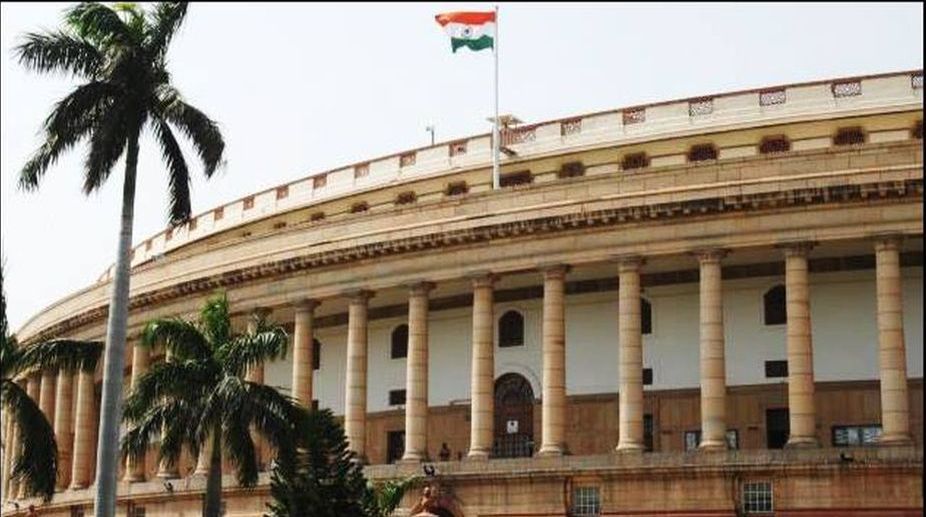It is a trifle disturbing that within days of its progressive assertion that law must keep pace with the times (when dealing with Section 377 IPC criminalising homosexuality) the apex court should have its energies consumed by the curious argument whether death by hanging is less barbaric than execution by lethal injection. That too after no fewer than 109 nations have rejected the concept of capital punishment as inhuman. True that the issue before their Lordships was limited, and they had made it clear that they were not reviewing the death penalty, and that hanging had earlier been held to be legal: yet public perception is not bound by technicalities, so an observation on the core issue might have been reassuring.
Similarly, the Additional Solicitor General is not to be faulted for an initial response (a detailed affidavit will be submitted later) that hanging was preferable to lethal injection, but persons in more enlightened political and administrative positions in the law ministry could have issued instructions pointing out that India was not steeped in retrograde concepts. It is to be hoped that fresh thinking will be exhibited when the case is next heard.

It is true that the ideal forum for a debate on capital punishment would be the law-making body, unfortunately Parliament is now so overly consumed with topics that have electoral or partisan political importance that a debate on the subject would arouse limited interest. Though quite a few members would be well qualified to speak on the subject, their personal opinions would be “seconded” to following the line spelt out by their party’s bosses. That is the price the nation is having to pay for the institution being reduced to a political sock-exchange.
Long gone are the days when the “collective wisdom of the House” was brought to bear on such issues: today if one side says something is white the other deems itself honour-bound to paint it black. In less-confrontationist times the ministers for parliamentary affairs took the lead in forging a consensual approach, today their top priority is carrying the fight across the aisle. No doubt the situation would hardly be different if the political equation was reversed. Was it not a slur on Indian democracy that at the conclusion of the recent session of the Rajya Sabha headlines were “made” when Mr Narendra Modi walked up to Dr Manmohan Singh to exchange some pleasantries? Have we forgotten that when Atal Bihari Vajpaye was to undergo medical treatment abroad the then Prime Minister, Rajiv Gandhi, directed that all expenses be borne by the Government of India? The dire need for a return to such cordial times is acutely felt when “matters of principle” like retaining the death penalty, instant talaq, freedom of religion etc are on the national agenda.












